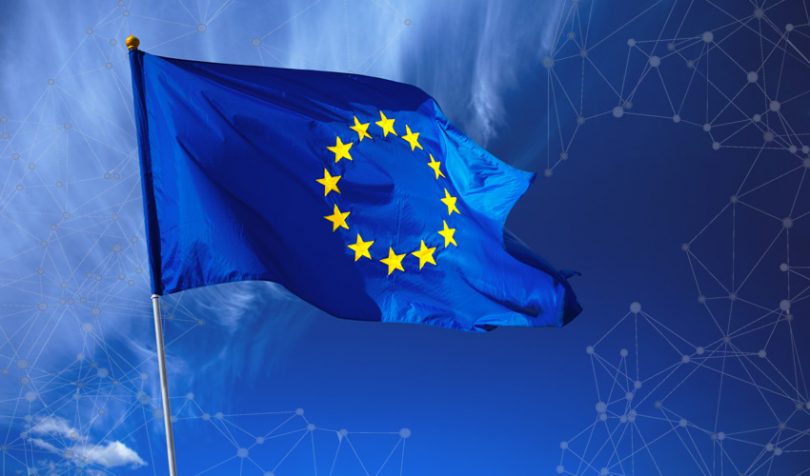Highlights
Since its early days blockchain has been heralded as the technology of decentralisation. Many have hoped to use it to counter some of the more worrisome evils – like lack of privacy, fake news, or the concentration of data-wealth in the hands of a few – associated with today’s increasingly centralised and platform-dominated Internet. Yet we still seem to be waiting for a comprehensive view of how this might actually be done.
In Europe, that may be changing. While under the radar to some extent, European policy makers have been busy developing a vision of how blockchain could be applied to the European Digital Single Market. Those who favor a more citizen-centric, privacy-preserving approach to the Internet should find a fair amount to like in it.
Article continues …

Want the full story? Pro subscribers get complete articles, exclusive industry analysis, and early access to legislative updates that keep you ahead of the competition. Join the professionals who are choosing deeper insights over surface level news.






